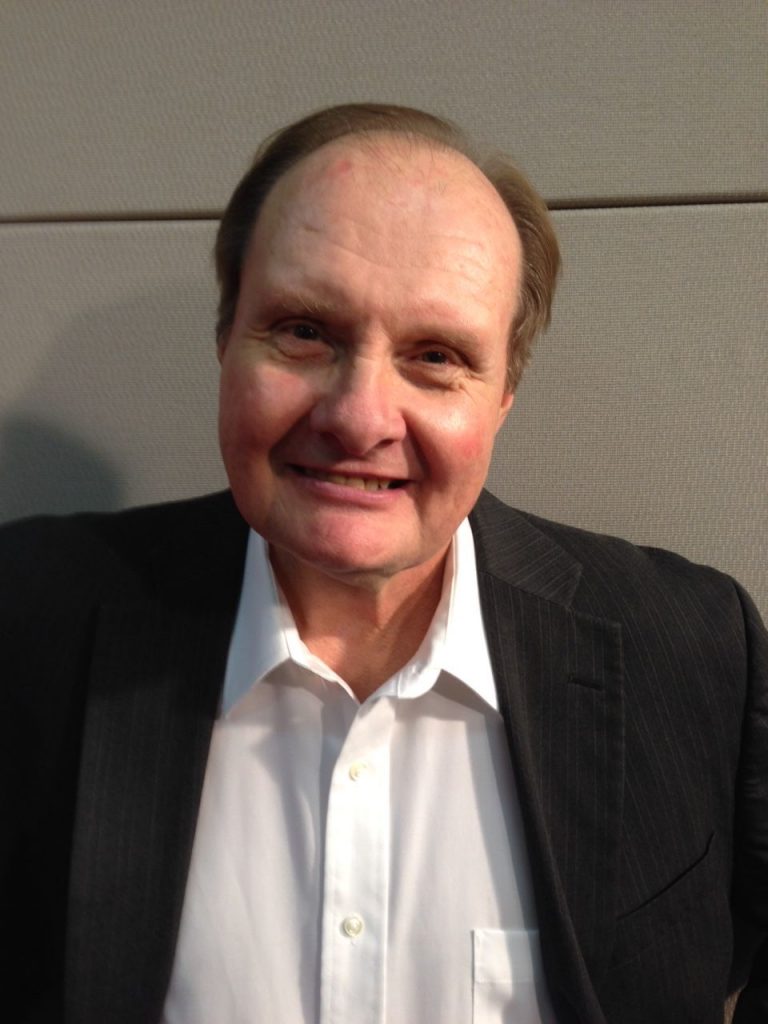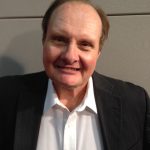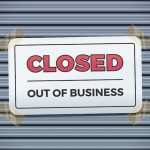It is vividly apparent that antsy Americans have a bad case of quarantine fatigue.
Granted, that is preferable to a bad case of COVID-19.
Yet the desire to get back to some sort of normalcy flows like a burst artery.
More people and more states are focusing on reopening for business.
Never mind that the U.S. death toll from the coronavirus surpassed 58,200 on Wednesday, April 29. For some sobering perspective on that boxcar number, that eclipses the number of American service members killed in the Vietnam War. And that death toll is only going to get worse.
Never mind that America is the coronavirus’ favorite punching bag, pummeling us with more than 1 million confirmed cases — nearly one-third of the global total.
Chalk that up to a delayed U.S. response, an ill-prepared medical community and many Americans plagued with underlying health conditions spawned by lousy lifestyle choices, economic inequality and old age.
No wonder some Americans have seemingly embraced a medicine cabinet full of drugs as possible lifesavers.
A glimmer of tangible hope came Wednesday, April 29, when Gilead Sciences said that preliminary results of a coronavirus drug trial showed at least 50 percent of patients treated with a five-day dosage of the antiviral drug Remdesivir improved and more than half were discharged from the hospital within two weeks.
Aggravating the bad itch to get back to work are harrowing economic numbers.
The U.S. economy shrank by 4.8 percent from January through March as it saw the worst slowdown in growth since the Great Recession.
From a global perspective nearly half of the world’s workforce is at risk of losing their incomes as the pandemic continues to disrupt lives and economies.
Indeed, COVID-19 is a health and economic tragedy that leaves ghosts inside skulls.
More Americans have shifted their focus from hunkering down at home to reaching for that pot of gold over the rainbow.
Is it too soon to cue the rainbow and the violins?
Ideally, yes. But ideal and real seldom ride in tandem.
We have to be prudent about incrementally reopening for business and resist the flames of a hot rush toward economic restoration flickering at our feet.
Dr. Anthony Fauci, director of the National Institute of Allery and Infectious Diseases, is warning that a second wave of infections is “inevitable” in the United States and that “we could be in for a bad fall and a bad winter” if the right countermeasures aren’t put in place.
So as we reopen for business, we better be careful not to throw away our hopes like a craps shooter on a bad roll.




